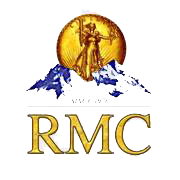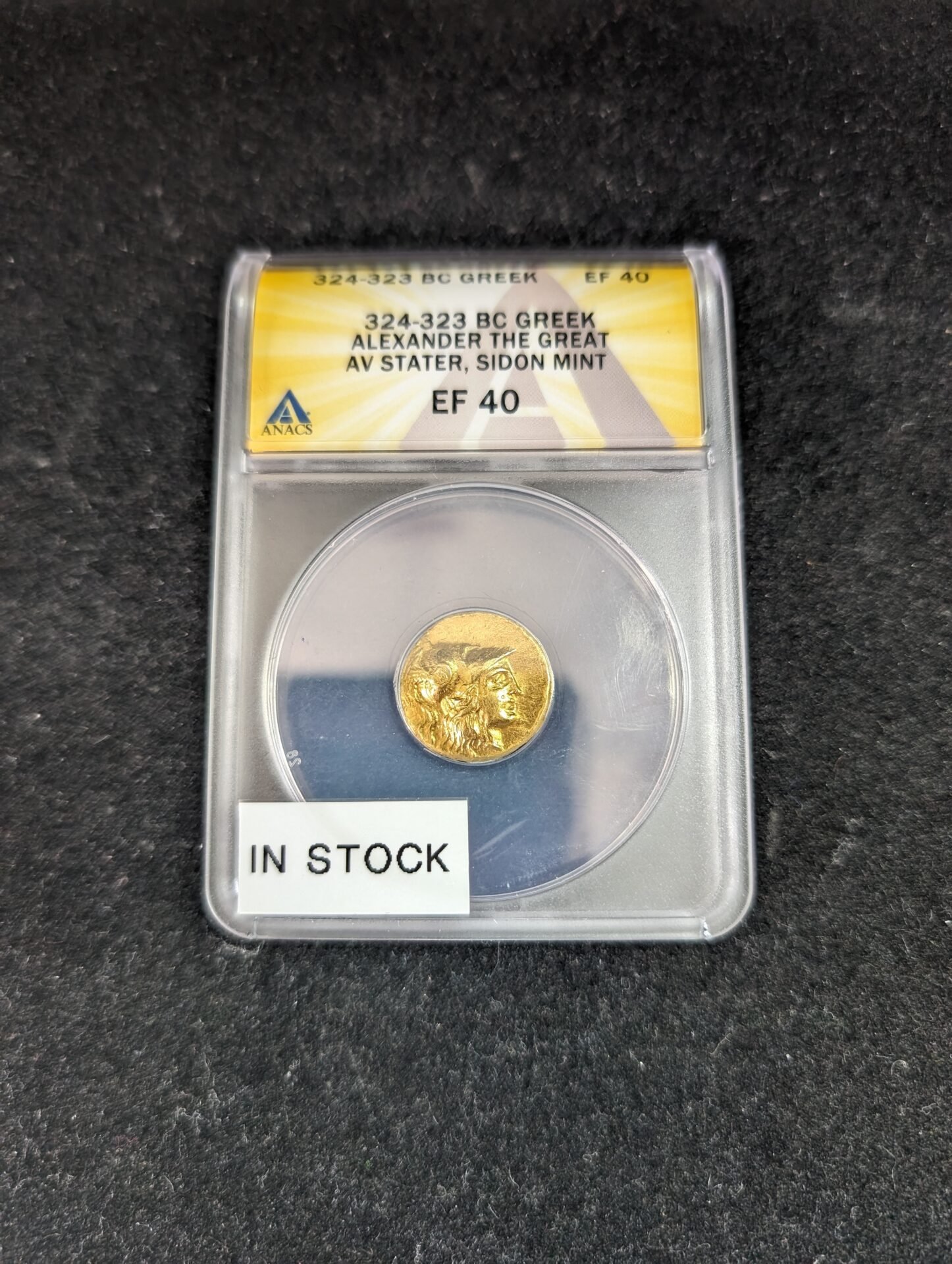Tips For Storing and Protecting Your Rare Coin Collection
Coin collection can be traced back to ancient Greece. Today, coin collection draws interest from people from all walks of life. Although most individuals collect rare coins for fun, the investment side is also enjoyable. Whatever the case, the condition of your coins significantly impacts their value.
Neglected rare coins easily get damaged while in storage. Therefore, take deliberate measures to protect your coins from nicks, scratches, and gouges. Fortunately, you can take specific steps to preserve your collection of rare coins.
- Match Holder Size to Coin
Coin holders are perhaps the best way to store rare coins. Notably, most holders come in different sizes to accommodate varying coin denominations. Therefore, select a holder that matches your coin.
If you store a coin in a large holder, it may move around and scratch against the transparent, protective material. Over time, the scratches can dull the coin’s surface, lowering its luster and value. Similarly, if you force a large coin into a smallholder, you could damage both. Therefore, a good strategy is to buy several holders so that you have one for each coin size.
- Match Holder to Coin Type
In coin collection, uncirculated coins refer to pieces that have never been in circulation. Therefore, the coins have a characteristic mint luster and no traces of wear. However, uncirculated coins can bear marks. Thus, an expert examination is necessary to differentiate contact marks from circulation wear. On the other hand, circulated coins have been used before and have distinct wear marks.
Although paper holders or envelopes are an inexpensive coin storage option, they are not the best for uncirculated pieces. The reason is that sulfur content in paper causes toning, particularly on new and almost new silver and copper coins.
Therefore, use plastic holders with polyethylene or polyester for all uncirculated coins. Although you can store circulated coins in paper holders, you should inspect them regularly.
- Replace Stock Holders
Most rare coins come in stock plastic holders when bought from a dealer or at an auction. The holders may be made from pliable plastic that contains PVC (polyvinyl chloride). Since PVC is not inert, the oils interact with coins and create an acidic reaction. Over time, a greenish substance can appear on a coin’s surface, with copper coins being the most vulnerable.
Most experienced and reputable dealers advise clients to only use soft flips for short-term coin storage. However, replacing the soft PVC holders is advisable, especially for uncirculated coins. Rigid, inert holders, popularly known as slabs, are the perfect replacement option for traditional, pliable flips.
- Use Cotton Cloth/Glove to Push Coins in Folders
Coin folders offer an economical and easy way to start your collection journey. The folders are designed like an album with several pages. When you store pieces in a coin folder, you must push them into their slots to fit. You might be tempted to use your fingers to push the coins, but it is the last thing you should do.
Fingerprints are not appreciated on collectible coins; therefore, using your fingers to push coins into a storage folder is not advisable. Instead, a cotton cloth or a pair of gloves is ideal for such an exercise. A cotton cloth or a glove prevents fingerprint smudges on a coin and the internal surface of a folder.
- Use a Two-Sided Holder
Rare coins displayed in public often attract most people’s attention. Often, people are tempted to touch the pieces with bare hands. Unfortunately, handling collectible coins frequently increases the chances of damage and unsightly smudges. You can avoid the complications of frequent handling by using two-sided coin holders.
As the name suggests, a two-sided coin holder allows you to view both sides of your coins without worrying about excessive handling. That way, you do not have to provide pairs of gloves to interested audiences whenever they want to examine your collection if you store them in two-sided holders.
Safe storage of rare coins is paramount to preserve their condition. Therefore, follow the storage measures highlighted for nifty-looking pieces. Contact us for storage information if you plan to sell your rare coins in the future.




